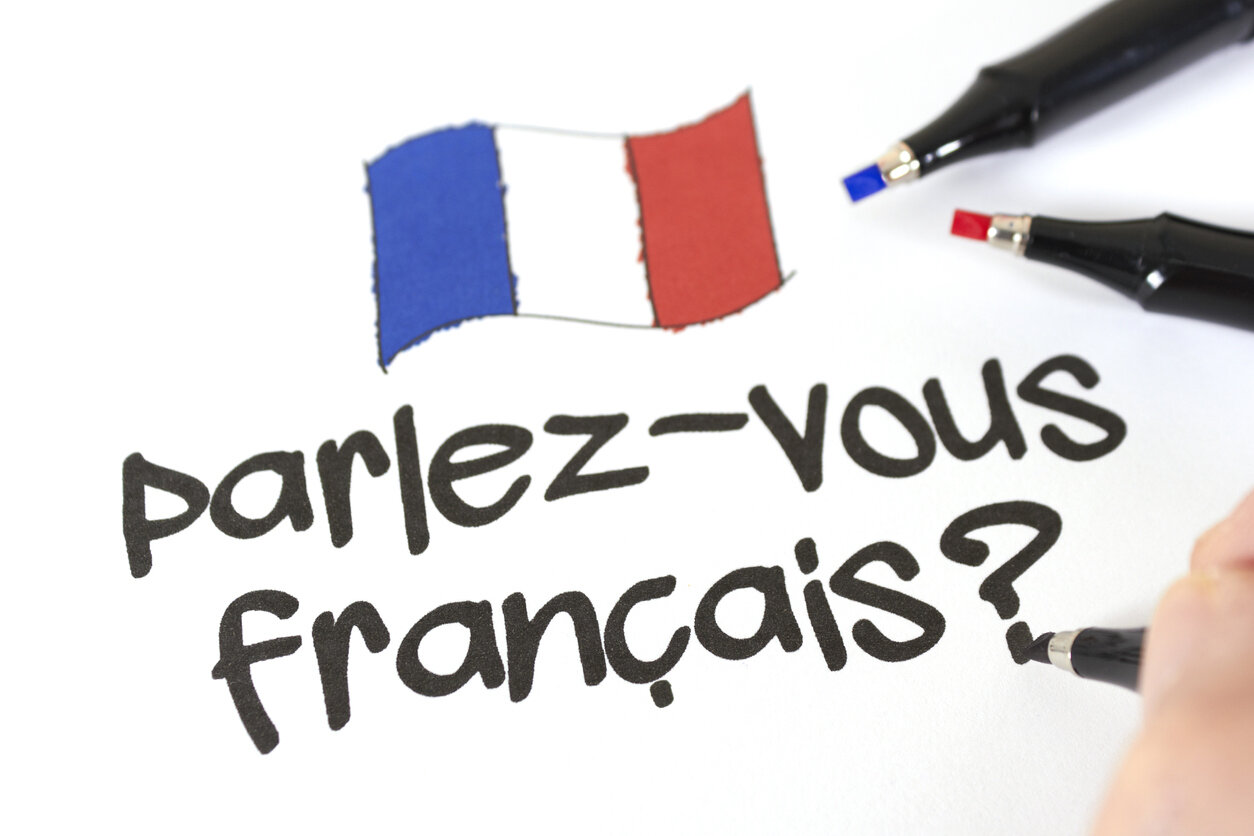Trading Places
By Jules Older
Shortly after my 80th birthday and her 77th, Effin and I moved. We left our home in San Francisco, crossed ocean and equator, and landed in New Zealand. This wasn't just a visit; we bought one-way tickets.
Considering a major move, yourself? Let me answer your questions …
You left the country. Why?
Fear of dying a most unpleasant death by COVID-19 definitely topped the list. Surging deaths in San Francisco, in California, and across the country were growing harder and harder to ignore. Once we stopped ignoring, we decided on the spot to pull up stakes.
OK, but why New Zealand?
Three reasons.
3. New Zealand is the country that's handled the pandemic better than any other.
2. We have a daughter and grandson there.
1. We raised our daughters in New Zealand, and we all became dual citizens. New Zealand welcomed us home.
How long did it take you to make the move? A year, or was it more?
Three weeks. Three intense, action-filled weeks, but yes, just three weeks.
More on that, please.
On July 8, on our daily masked, socially distanced walk through our San Francisco neighborhood park, Effin raised the obvious but curiously unasked question, “What about our health?” In that ah-ha moment, we decided to go.
Two days later, we booked our flights. Then, on August 1, we boarded Air New Zealand’s Flight 7, bound for Auckland.
What did you do in those three weeks?
A lot. We gave our landlord notice. Stopped the paper, phone, gas & electric. Transferred the car to our grandson. Shipped most of our art and a few pieces of furniture to New Zealand. Sold and gave away the rest of our belongings. Took care of banking. Closed the safe-deposit box. Said online farewells to friends. Told students, editors and consultees where to find us. Arranged for a close friend to drive us, fully masked, to the airport. And roughly a million things more.
What was the hardest part?
By far, it was leaving our American daughter and her family. Tears flowed like mighty rivers.
The easiest?
The San Francisco we left wasn't the San Francisco we loved. In the past six months we hadn't hugged our family, seen friends, used an elevator, gone to a play or movie or lecture, eaten at a restaurant, walked a beach, visited a library, met anyone F2F or even M2M, gone maskless outside our apartment, and most of the other pleasures that made us love living in San Francisco. All in the name of staying alive.
What was the first thing you did when you got to New Zealand? Kiss the ground?
No, go into strict quarantine, here called managed isolation. For two full weeks.
Hard time, was it?
Not exactly. Along with 250 other returnees, we were put up in a fine hotel, served three huge and tasty meals a day, led on at least one optional daily walk, provided laundry service, checked each day for temperature and symptoms, and administered two non-optional COVID-19 tests. All free. New Zealand beer and wine, extra.
Surely there were restrictions.
Oh yeah — New Zealand takes quarantine extremely seriously. Double fencing around the hotel, uniformed guards at every entrance, required sign-out every time you leave the lobby. They're all to ensure returnees don't sneak out and nobody else sneaks in.
After your restriction ended, what happened next?
We moved in with our daughter and grandson for a couple of weeks, then moved into the newly built apartment they’d found for us.
If you were to do it again, would you do anything differently?
Yes. Send less stuff. Ideally, bring nothing except what you can carry on the plane. Even if some products are more expensive in the new place, by the time you paid shipping and insurance fees, they'd cost considerably more. Oh, and thanks to covid, our goods took five months to arrive.
How can I make the move you made?
Unless you're a New Zealand citizen, for now, you can't. But you can go elsewhere. A good friend moved to Canada; our niece moved to the Netherlands. A China-born San Francisco friend’s friends in China are begging her to return.
Final question. You left family and friends, a well-established life, a city you love in the country you were raised in. In retrospect, was making this move a wise decision?
To us, it feels more than wise. It feels potentially life-saving. Along with moving to New Zealand in the 1970s, it feels our best decision ever.
Jules Older is a writer and filmmaker, teacher and consultant, clinical psychologist and medical educator. Here's the Olders’ take on what managed isolation looks like (and San Francisco looked like) in our three-minute minimovie, FLIGHT. For a flavor of our lives here, check out in Welcome To Our Hood. And for an interview on the big move, watch https://www.youtube.com/watch?v=j3MfRI0BT5c





